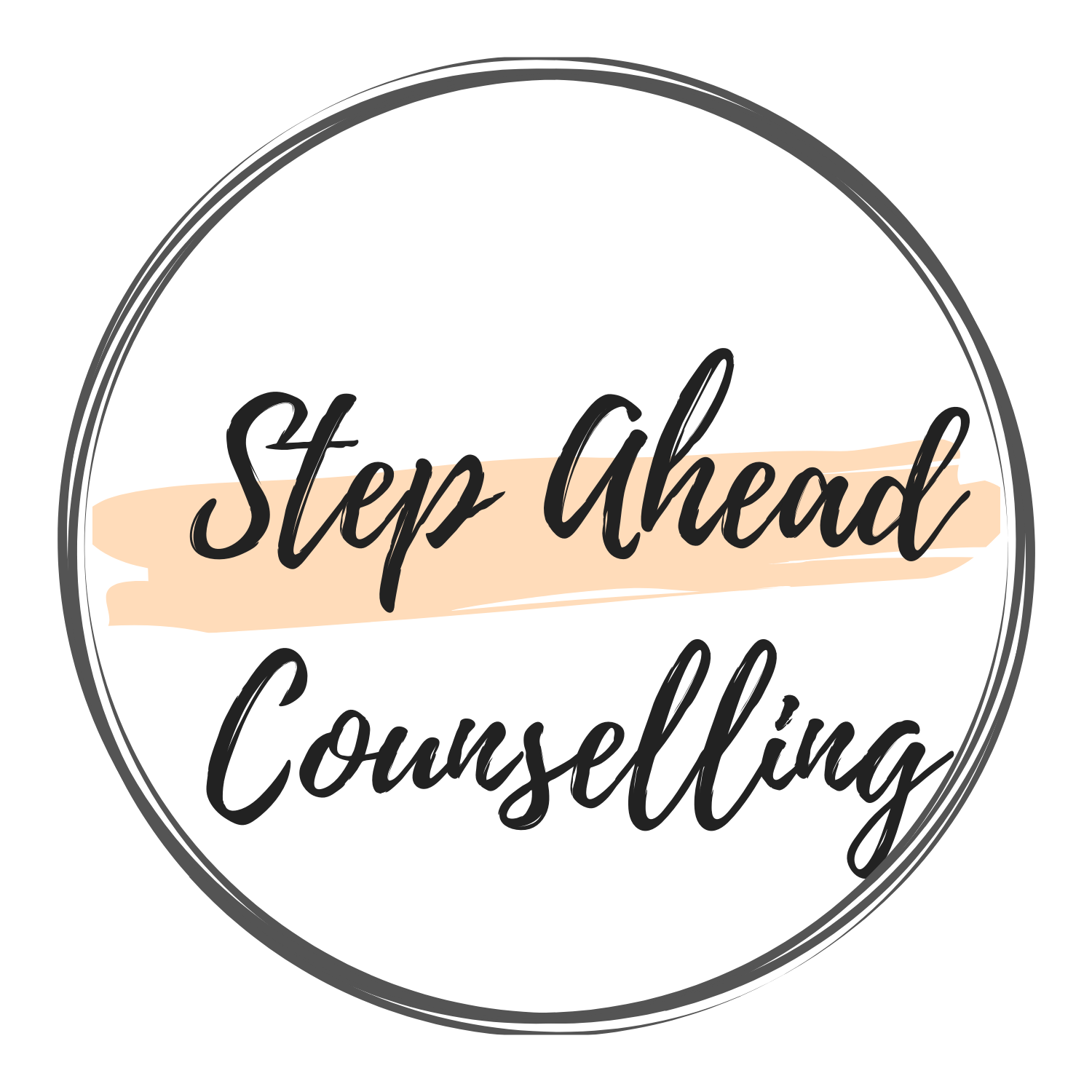Why boundaries are important, and how to set them
When you hear the phrase ‘setting boundaries’ you might think it’s all about putting up walls or barriers between you and your loved ones. But that couldn’t be further from the truth.
Boundaries are essential to healthy relationships and, really, a healthy life. Do healthy relationships have boundaries? YES! All healthy relationships need boundaries. It doesn’t matter if the healthy relationship is between you and your parents, children, spouse, partner, sibling, colleague, neighbour, etc. We all need boundaries to lead healthy lives.
What are boundaries?
The definition of boundary is anything that marks a border. It’s a real or imagined line that marks the edge or limit of something or the limit of a subject, principle, or relationship. Therefore, your personal boundaries are guidelines, rules, or standards that a person creates to identify reasonable, safe, and acceptable ways for other people to behave towards them. This includes how they will respond when someone crosses those boundaries.
When we set boundaries, we are creating our own limits and communicating our standards. We are telling people, ‘I will accept this, but I won’t accept that’.
Why are boundaries important?
Healthy boundaries are needed to maintain your mental and emotional health and are essential in terms of self-care. Without boundaries, we may feel exhausted, taken advantage of or intruded upon. Whether it’s in our work or our personal relationships, poor boundaries may lead to resentment, hurt, and anger.
Boundaries help us take care of ourselves by giving us permission to say NO to things. Boundaries draw a clear line around what is acceptable for us and what is not. When someone behaves in a way that isn’t acceptable for us, we need to take care of ourselves by letting them know and making that line much clearer.
Boundaries are important both for people in a relationship, and also for the health of the relationship itself. It can affect our sense of self-esteem, self-worth and overall personal and interpersonal comfort levels.
Having clear boundaries and being consistent with these boundaries allow us to remain connected and importantly, communicating these boundaries shows our respect for the relationship, because we’re willing to put in the work to ensure that the relationship stays strong and safe.
How to set health boundaries
1. Identify and prioritise your values: If you are unsure what your values are, you can ask yourself what makes you happy and fulfilled. What is important to you? Some common values are trust, balance, commitment, respect, principles and success.
2. Define your boundaries: Reflect on your values and what needs to be put in place to protect these. You can consider past times where you felt discomfort, anger or frustration. It may have been because someone overstepped your boundaries. For example, if one of your values is trust, and you make a new friend who has lied or taken advantage of you, then this is an area that needs a boundary.
3. Learn how to say “No”: Practice being comfortable saying no when you do not agree, or don’t want to do something, or if you feel your boundary has been crossed. You don’t need to explain yourself or offer details, just be polite. Keep in mind that most times people are not aware that they have crossed a boundary. Here, you can clearly explain how their actions made you feel and how you’d like for them to act in the future.
4. Be consistent: Many of us weren’t taught to set boundaries whilst growing up, so setting boundaries is a new experience that needs getting used to. It is important to stay the course and be consistent with your boundaries, as healthy boundaries are so important. Boundaries affect our health, identity, and ability to love ourselves. Stay the course and honour the boundaries you need and want.
If you have never set yourself boundaries and feel uncomfortable saying no, it may all seem a little intimidating. If it seems scary - start small, one step at a time. It may also be helpful to speak to a counsellor who can help you define, set, and communicate your boundaries.
